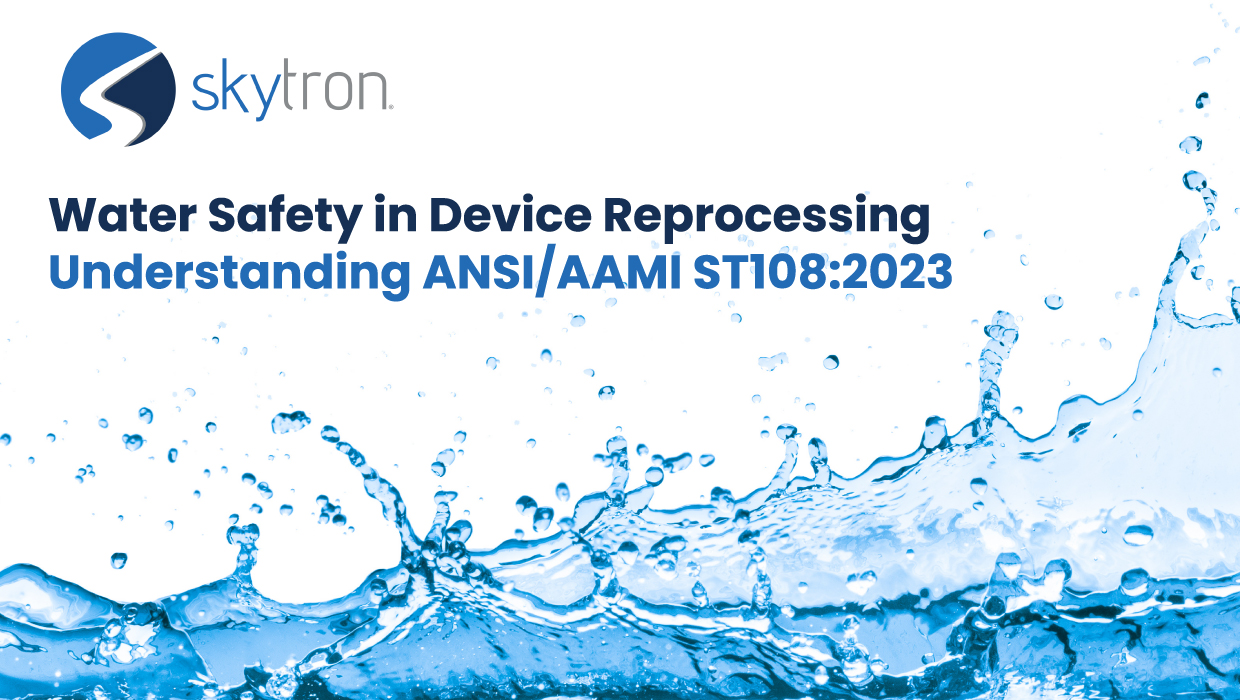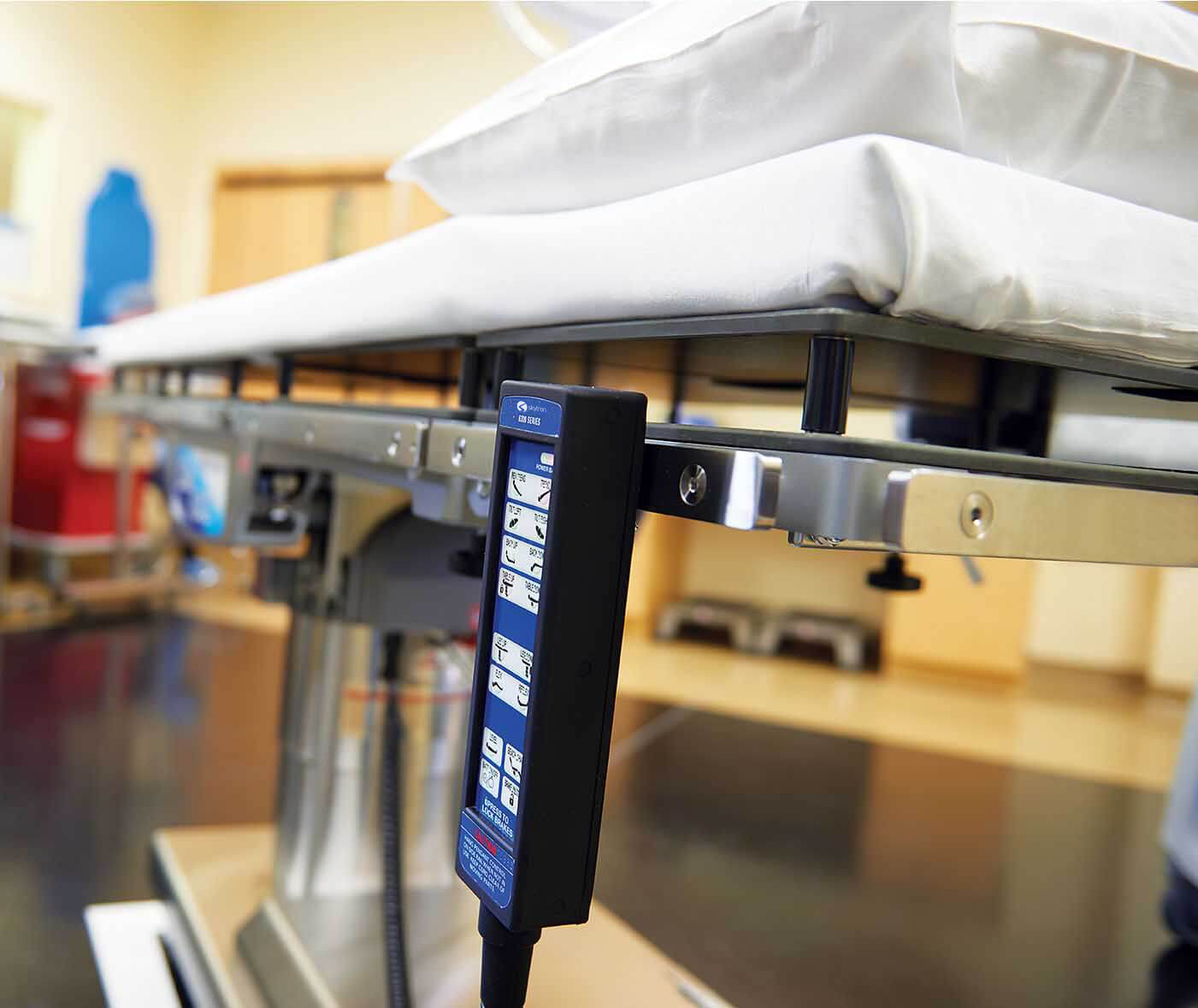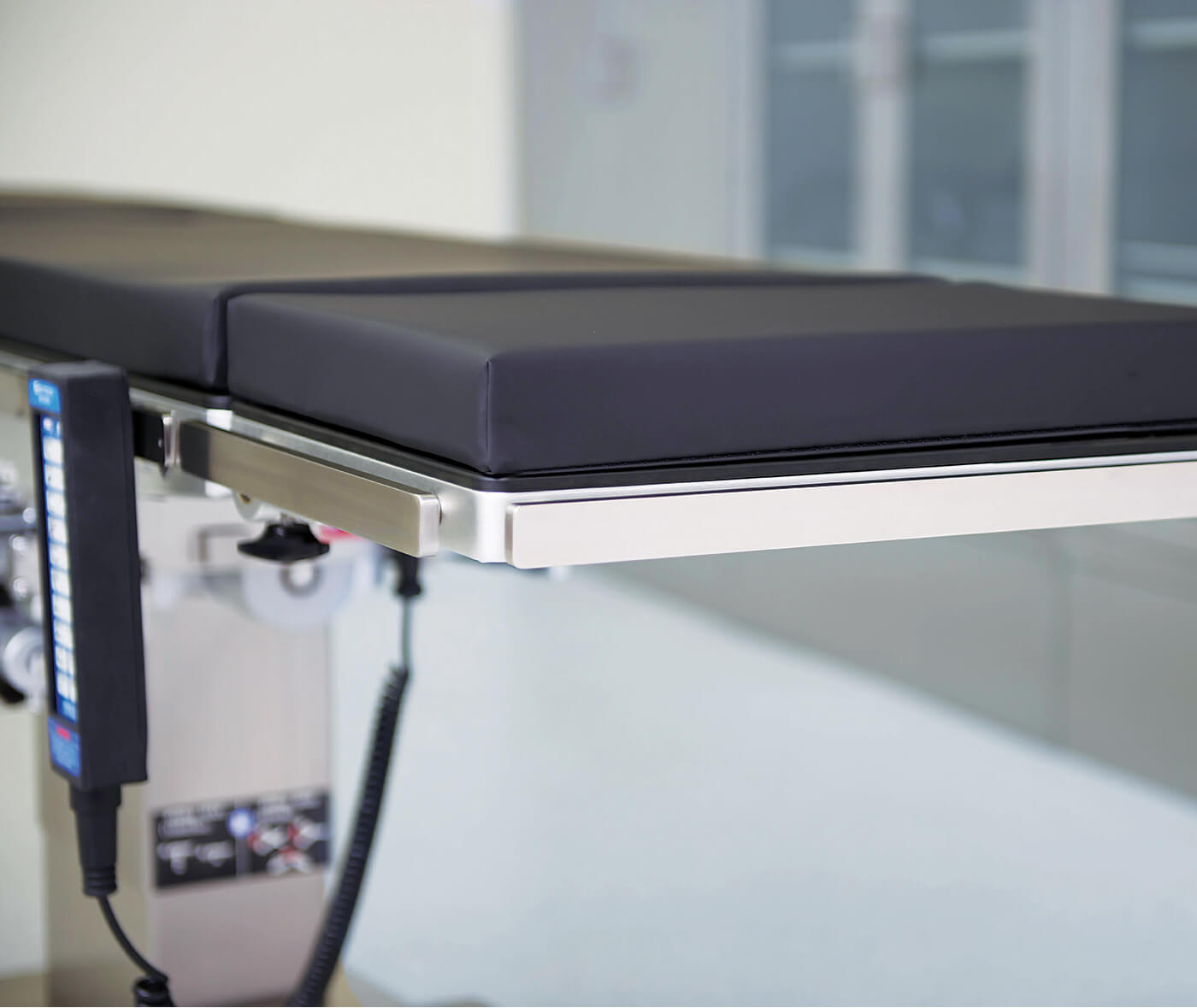
-
Written ByRebecca Kinney
-
PublishedJanuary 9, 2024
Diving into some CMS terms and changes that took effect on January 1, 2024 to understand a new facet of our industry as a whole.
We have all heard the buzz about Ambulatory Surgery Centers (ASCs) for years on how they are the future of surgical care. Due to their massive success, ASCs have been a primary focus for multiple medical sales organizations. The benefits of ASCs for patient convenience and facilities monetary successes go on and on, but how exactly does reimbursement happen from a Centers for Medicare & Medicaid Services (CMS) perspective? This side of the business isn’t visited as often from our side and is complex, but it spells out the current state of ASCs today. In this write-up, we will dive into some CMS terms and changes that took effect on January 1, 2024. We do this so you can understand a new facet of our industry as a whole.
CMS Metrics & Basic Terminology
To understand the impact of changes made to CMS rules that took effect on January 1, 2024, we must first touch on some of the basic terminology and numbers to make sure we are all on the same page. Here is a list of definitions and a few metrics to paint a concise picture for you:
- Medicare is federal health insurance for those 65 or older. Medicaid is a joint federal and state program that gives health coverage to some people with limited income and resources. Children’s Health Insurance Programs (CHIP) provide low-cost health coverage to children in families that earn too much money to qualify for Medicaid but not enough to buy private insurance.
- 88,414,773 individuals were enrolled in Medicaid and CHIP in the 50 states and the District of Columbia, which reported enrollment data for September 2023 ( 81,408,432 in Medicaid and 7,006,341 individuals in CHIP.) 1
- Hospital Outpatient Prospective Payment System (OPPS): the system through which Medicare decides how much money a hospital or community mental health center will get for outpatient care provided to patients with Medicare.
- Ambulatory Payment Classifications (APCs): are the government’s method of paying facilities for outpatient services for the Medicare program.
- Current Procedural Terminology (CPT® Codes): a uniform nomenclature for coding medical procedures and services. Medical CPT codes are critical to streamlining reporting and increasing accuracy and efficiency, as well as for administrative purposes such as claims processing.
- Hospital-based Outpatient Department (HOPD): owned by and typically attached to a hospital, whereas an ASC is considered a standalone facility.
These terms and numbers are critical to understanding because the programs cover millions of people and ultimately reimburse hospitals, ASCs, and HOPDs. When new codes are added and approved, new patients are seen at facilities, and these patients’ care is covered (or partially covered). In turn, our facilities receive reimbursement and higher annual revenue to keep operational rather than provide services for which facilities never receive payment.
Changes for ASCs
“CMS updated OPPS and ASC payment rates by 3.1 percent for 2024, reflecting a 3.3 percent projected hospital market basket percentage increase, reduced by 0.2 percent for the productivity adjustment. This increase is 0.3 percent higher than the 2.8 percent increase stated in the CY 2024 Proposed Rule.”3 The estimated proposal increase is projected to increase payments by 170 million dollars compared to 2023.4
They also added 11 CPT codes (aka billing codes) to its ASC-approved list that were not originally on the federal agency’s proposed Final Rule for 2024. Stakeholders successfully lobbied CMS during the public comment period that followed. In addition to the two codes for total shoulder replacements, codes were added to allow Medicare reimbursement for total ankle replacement and codes pertaining to hip tendon incision, meniscal knee replacement, and repeat thyroid surgery, according to a CMS announcement of its plan for next year. 2
These payment policies will affect approximately 3,500 hospitals and approximately 6,000 ASCs. The downside to these changes, and a very controversial addition, is decreased physician pay. CMS will reduce overall pay by 1.25% in 2024 while boosting pay for some visits, including primary and longitudinal care. To read more details and physician feedback on these changes, visit here.
At Skytron, we like to keep you informed on changes in our industry and help you to keep your finger on the pulse as well. One thing in healthcare is always certain: things will continue to change and evolve. We are honored in our partnership with Arthrex, which went into effect July 25, 2022. The collaboration allows Skytron and Arthrex to offer a complete package of industry-leading solutions for the hospital and surgery center spaces. To navigate the possibilities of what your ASC or hospital solutions could look like powered by this collaboration. here.
This partnership has allowed both ourselves and Arthrex to offer facilities complete turn-key operative solutions with bundled products. We look forward to what 2024 holds for the healthcare industry and look forward to serving your facility.
Resources:






